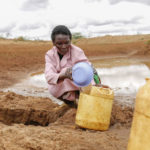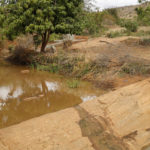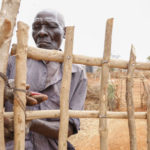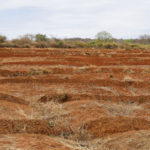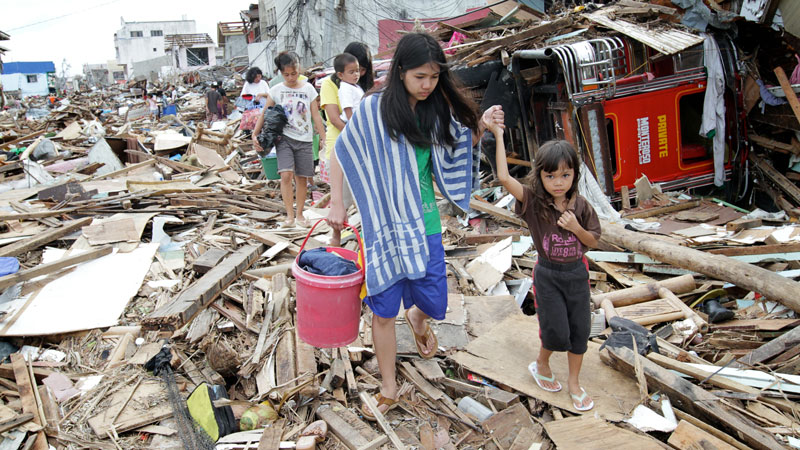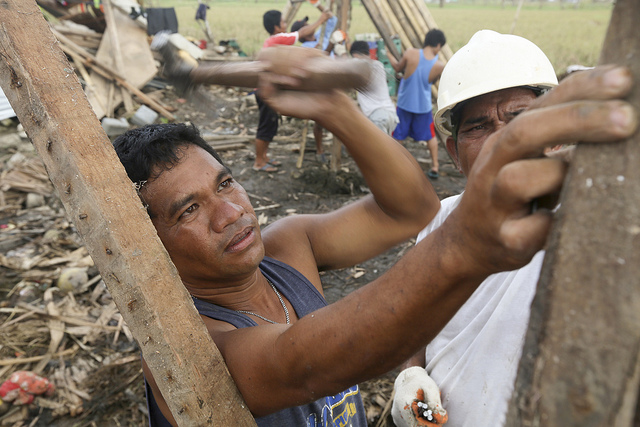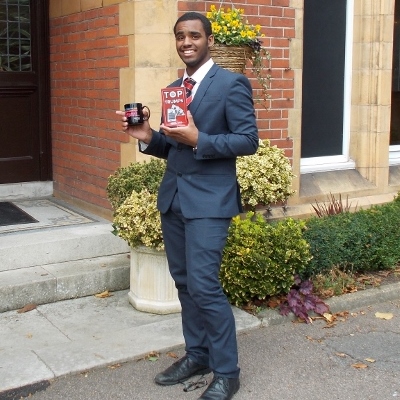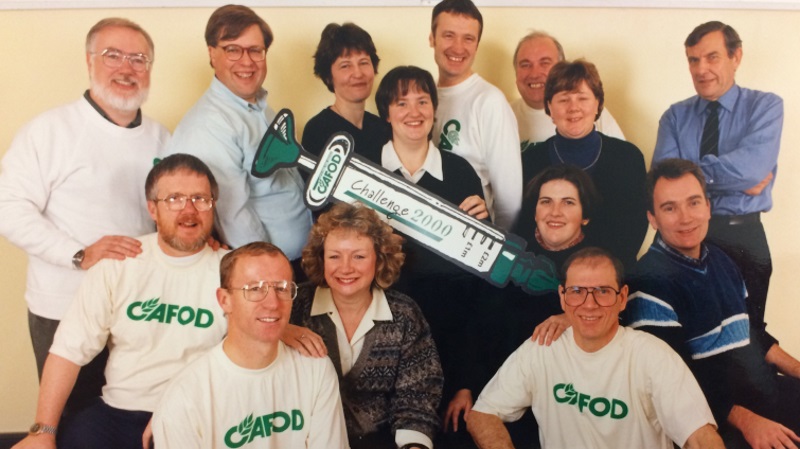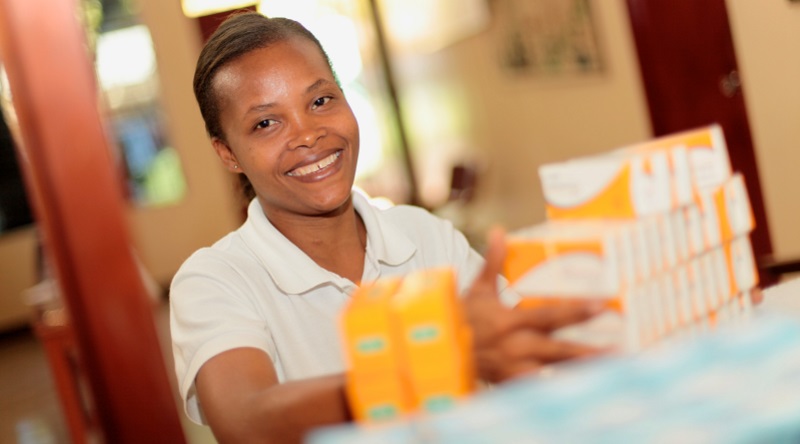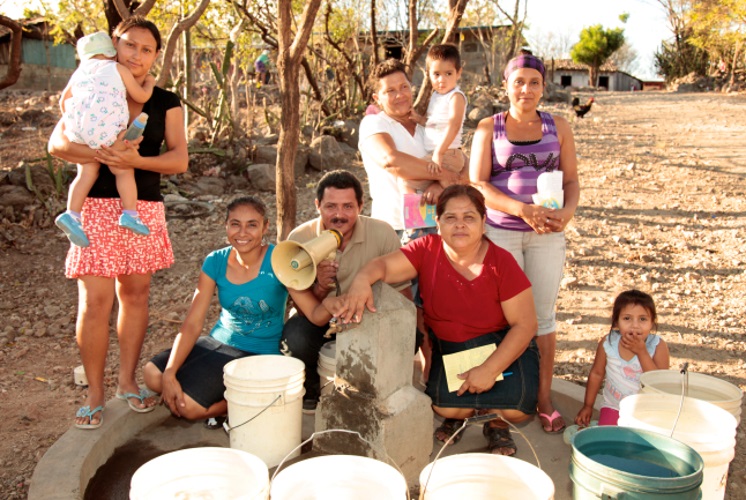16 Days of Activism against Gender-Based Violence 2015
November 25, 2015
Montserrat Fernández, Programme Officer for Central America, has been working against gender-based violence for 22 years. On the first day of the global 16 Days of Activism against Gender-Based Violence campaign she shares her thoughts on why violence against women and girls is such an important issue, and what motivated her to act.
My experience of gender-based violence
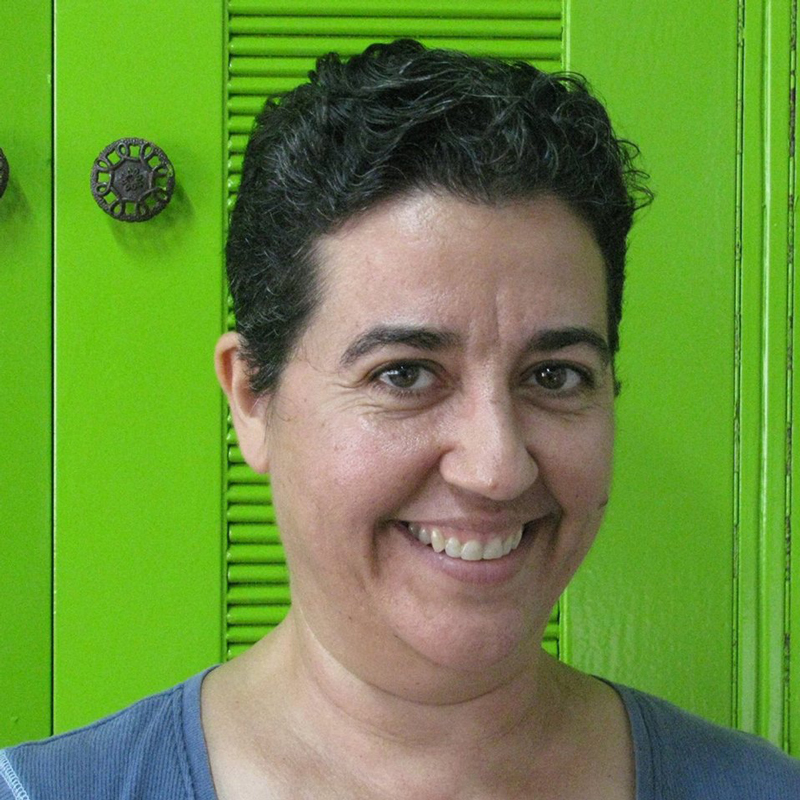
I belong to the 35 per cent of women worldwide who have experienced either physical or sexual violence at some point in our lives. At 20 years old, I was living in Barcelona and studying teaching. One day, while travelling to teach at a primary school, I was raped.
I went to the police station to denounce the attack but there were no police women at that time, in the 80s, in Barcelona. The policeman who took my testimony got red face as I described what had happened. My parents then accompanied me to another police station to look through photos of all rapists in Barcelona, to see if I could recognise my aggressor. He was not in the police photo albums, but my neighbour, the son of one of my parents’ friends, was.
I decided to denounce the attack because I didn’t want the young girls who were going to the primary school to have the kind of bad experience I was facing. Today, in Nicaragua where I work, I know that girls going to school in rural areas are facing similar experiences on the way to school or even inside their schools. Because of this, some girls decide to drop out of school.
Continue reading “16 Days of Activism against Gender-Based Violence 2015”

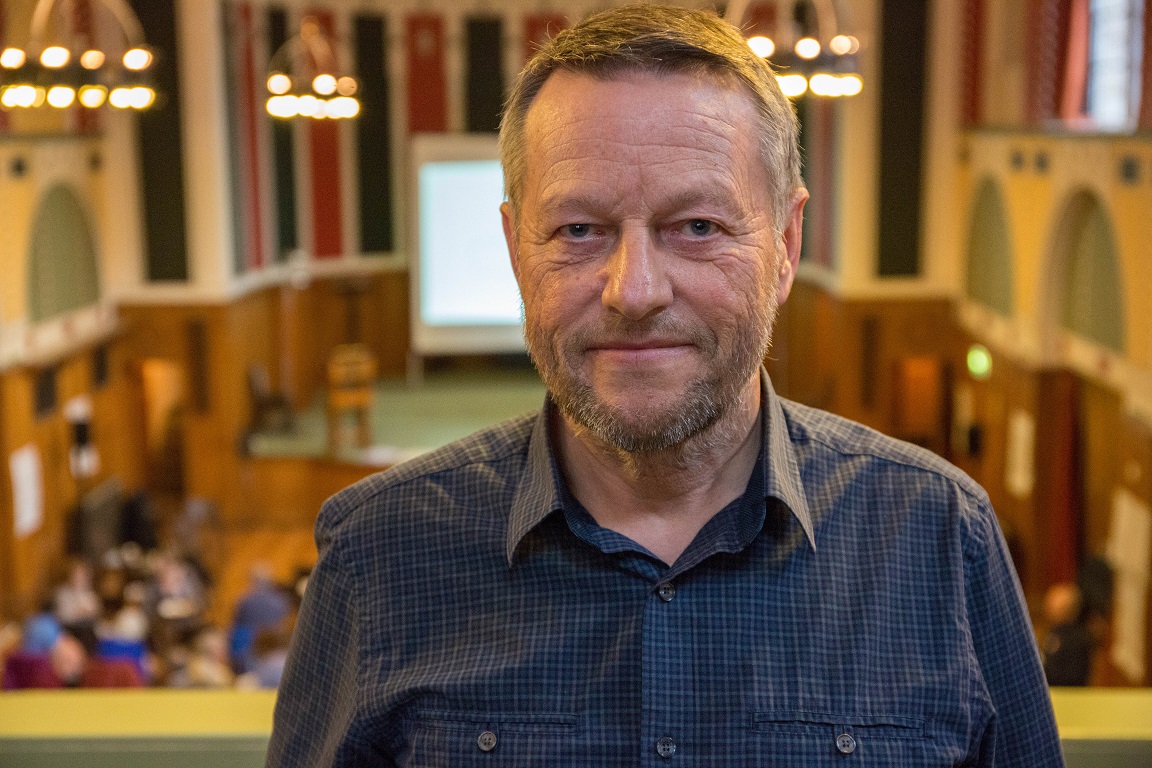 Paul Kelly is a CAFOD supporter in the Lancaster diocese. He will be travelling to Paris in December 2015 as part of a supporter delegation at the time of the UN climate talks.
Paul Kelly is a CAFOD supporter in the Lancaster diocese. He will be travelling to Paris in December 2015 as part of a supporter delegation at the time of the UN climate talks.